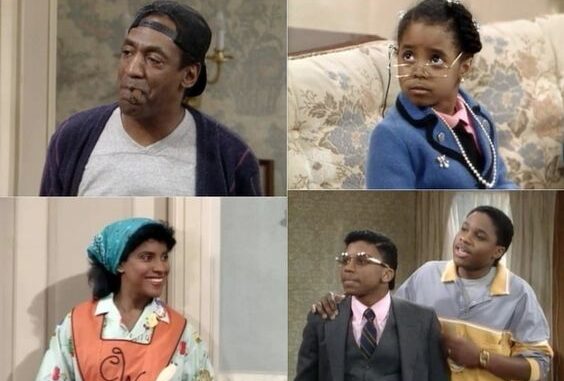
The Galvanizing Shock of the Bill Cosby Verdict

Early on Thursday afternoon, at the culmination of his retrial in Norristown, Pennsylvania, Bill Cosby was found guilty on three counts of sexual assault. This should not have been surprising. Women have accused Cosby of drugging and molesting them on a timeline that stretches from the mid-sixties to 2008. In 2000, a report of his misbehavior made the New York Post. In 2005, Andrea Constand’s allegations against Cosby became public, and Tamara Green went on the “Today” show to accuse Cosby of assaulting her in the nineteen-seventies. By the time that Philadelphia magazine and People covered the story, in 2006, there were a dozen accusers. In 2014, Gawker resurrected the accusations, Newsweek investigated them, and Hannibal Buress called Cosby a rapist during a standup routine, prompting thirty more women to come forward. In the summer of 2015, New York put thirty-five of Cosby’s accusers on the cover of the magazine. At the end of that year, Cosby was charged with raping Constand. His trial, in 2017, ended with a hung jury, but a public consensus had formed that the comedian and TV star would be remembered as a rapist. A few months later, starting with the Harvey Weinstein story, man after man after man was exposed and investigated for sexual assault and harassment. The tables, everyone said, were turning.
I covered Cosby’s first trial, last summer, from Norristown, where I sat in a pack of reporters, inexperienced and reeling. I had never covered a trial before, let alone a rape trial. I had not watched a woman try to prove to twelve strangers, under cross-examination, beyond a reasonable doubt, that a man had raped her. Before Constand testified, a woman named Kelly Johnson told her own story about being drugged and assaulted by Cosby. (Johnson was the only prior bad-act witness allowed by the judge.) To watch the defense question Johnson and then Constand was to watch an essential part of our criminal-justice system align with some of the worst things about being a woman. Women put their sanity and selfhood on the line in the process of securing sexual justice. They accept that they will be dressed up like paper dolls to look cruel, selfish, naïve, dishonest, slutty, greedy, stupid, or just unwanted—another woman talking about something we’d rather not know.
I wasn’t surprised, last year, when the first jury couldn’t settle on a verdict. I wasn’t surprised by the Weinstein story, or by the excruciating months that followed. It’s hard to graft new values onto an old world. There are a lot of people who think that men’s jobs are as important as women, period. (The careers and happiness and earning power that women have lost as victims of sexual assault and harassment, rather than as perpetrators of those crimes, still mostly go unmourned.) But people kept speaking up. Women kept voluntarily reëntering a world they had been dragged into, their pain and bravery always inextricable and twinned.
